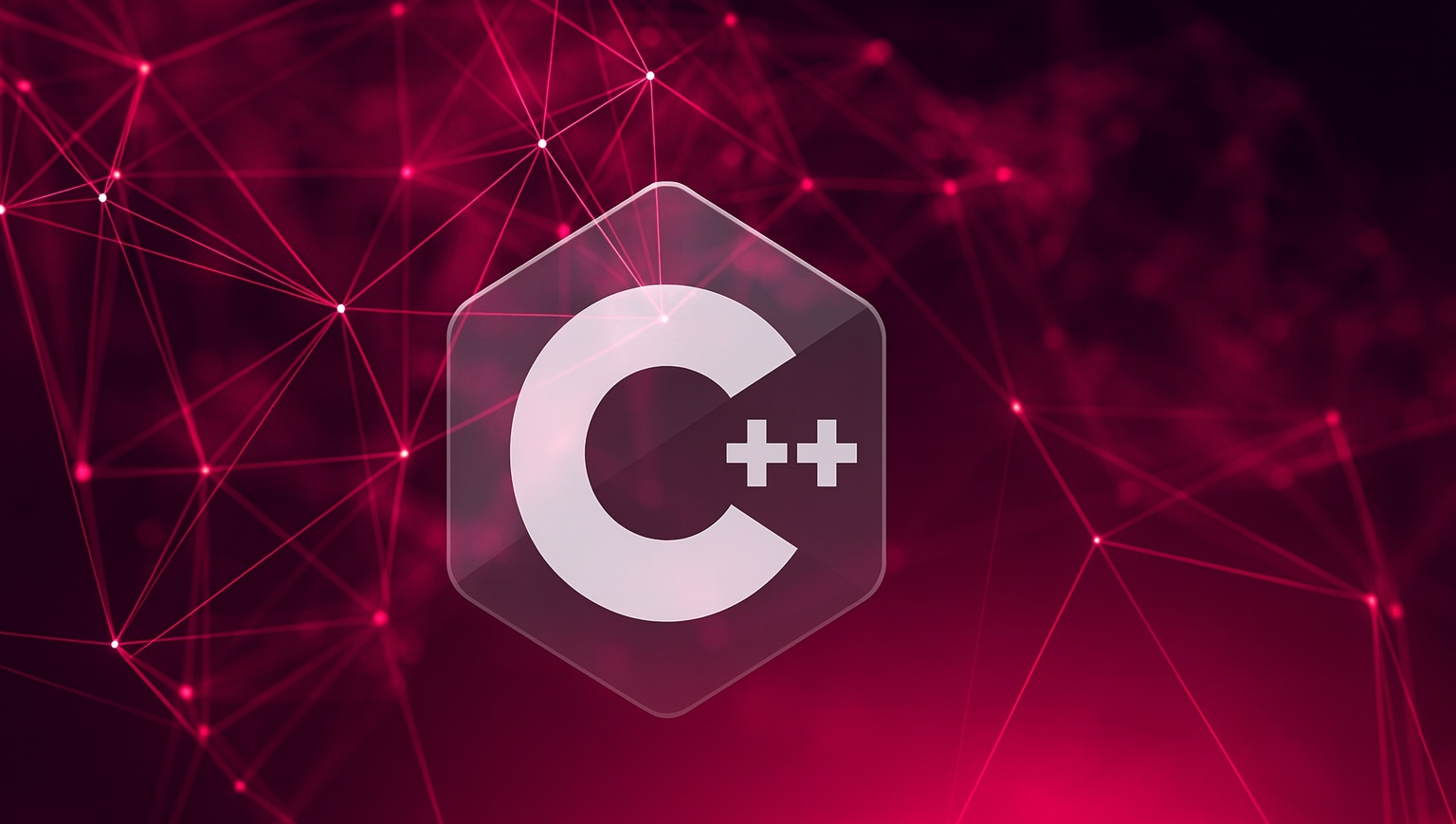Design Patterns in Modern C++: apply GoF and modern idioms for robust C++ design.
Hands-on practice with classic creational, structural and behavioral patterns.
Leverage C++11/14/17 features to simplify and modernize implementations.
Gain practical experience through labs refactoring and building extensible code.
How this helps: improve maintainability, readability and scalability of C++ apps.
Who it’s for: designed for individuals with C++ knowledge seeking better design.
Includes optional coverage of modern alternatives and anti-patterns.
Curriculum
Day 1 — Foundations & Creational patterns
- OOP recap, SOLID and when patterns help vs. hurt
- Modern C++ toolbox: RAII and smart pointers (unique_ptr, shared_ptr, weak_ptr); Move semantics and perfect forwarding; Type erasure and pimpl; Templates: partial specialization, SFINAE, Concepts, policy-based design; constexpr, consteval and compile-time computation; Ranges and views (C++20); std::variant/visit, std::optional, std::any; Coroutines (high-level overview)
- UML essentials for patterns (class, object, relationships)
- Factory Method — virtual constructors, registries, unique_ptr returns
- Abstract Factory — families of products, object graphs, dependency injection
- Builder — fluent APIs, immutability, assembling invariants
- Prototype — cloning polymorphic objects; copy/move semantics and deep vs. shallow copy
- Singleton — testability issues, threading, alternatives (object lifetime, DI containers)
Day 2 — Structural patterns
- Adapter — object vs. class adapter; ranges-style adaptors; type erasure
- Facade — stable API over subsystems; PIMPL to reduce rebuilds
- Proxy — remote/virtual/protection proxies; lazy loading; caching
- Decorator — composition over inheritance; value vs. reference semantics
- Composite — tree models; iterators and visitors; value categories
- Flyweight — intern pools; string views; arena allocators
- Bridge — orthogonal dimensions; ABI stability; policy-based design
Day 3 — Behavioral patterns & refactoring
- Strategy — static (templates/policies) vs. dynamic (type erasure/variant)
- Observer — thread-safety, lock-free queues; signals/slots vs. callbacks
- Command — undo/redo, macro commands; function objects and lambdas
- State — table-driven vs. State pattern; variant + visit; transition safety
- Template Method — CRTP alternatives; non-virtual interface (NVI)
- Iterator — custom iterators, ranges; coroutines as generators (overview)
- Mediator — decoupling complex interactions; events bus
- Memento — snapshot strategies; serialization choices
- Chain of Responsibility — pipelines; error handling with expected/variant
- Interpreter — embedded DSLs; parsing choices
- Visitor — acyclic visitor; std::variant visitation and pattern matching
- Anti-patterns & smells — shotgun surgery, train wreck, god object
- Refactoring lab — from ad-hoc code to clear patterns; measuring impact
Optional modules
Optional — Concurrency & async
- Active Object and Reactor (conceptual) with std::jthread and executors
- Coroutines for async flows; cancellation and timeouts (high level)
Course Day Structure
- Part 1: 09:00–10:30
- Break: 10:30–10:45
- Part 2: 10:45–12:15
- Lunch break: 12:15–13:15
- Part 3: 13:15–15:15
- Break: 15:15–15:30
- Part 4: 15:30–17:30

